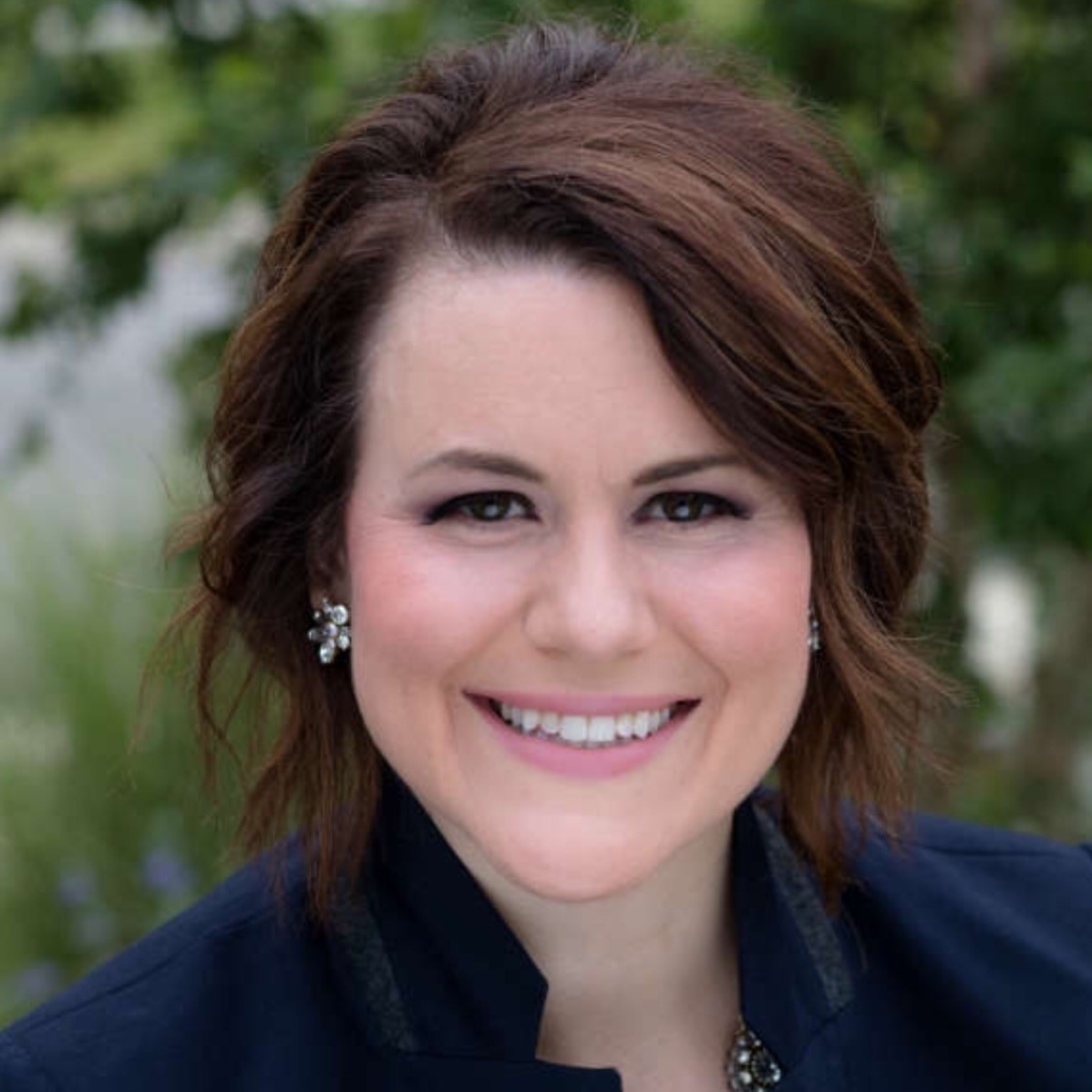Episode 45
Building an Executive Leadership Development Program
Erin Correa
Brought to you by your hosts:

L&D Specialist

L&D Specialist
Description
This week, we welcome Erin Correa from Correa & Associates, a talent development partnership group that helps companies through consulting, coaching, and instructional design.
This week, we talked about executive development. This can be a tricky situation for many in L&D; Erin noted that often times in the C-suite, the word “development” has a negative connotation, used as a euphemism for poor performance.
That doesn’t have to be the case, and with a proper strategy, executive development can be a catalyst for change within an organization. After all, leadership is often charged with setting the mission and giving a business direction. Unless that direction and the strategy behind it is well thought out, rock solid, and unilateral, there will be struggles and failures. Giving leadership a meaningful opportunity to develop will benefit the entire organization.
For an organization trying to start supporting an executive team, sometimes the best place to start is with an external consultant. This lets HR and L&D be the strategy behind development while allowing a consultant to be a “face” to it, creating credibility and ultimately leaders’ buy-in.
Senior leadership also has constricted time, which means training professionals must be cognizant of their time. Coaching is a good way to start development, and helps solve some major problems through training and development. This will achieve a certain level of buy in.
Finally, we discuss “coaching up.” Often, middle management is best equipped to provide meaningful feedback, so senior leadership must find ways to allow that feedback. On the reverse, management should realize that when it comes to a business’s goals and directives, everyone should be on the same page. Being transparent with intention lends credibility to feedback.
Thanks for listening! We hope you enjoyed this week’s episode of The BizLibrary Podcast! When you’re done listening, be sure to take a look at our free ebook, “Developing Your Leaders’ Emotional Intelligence to Improve Organizational Performance.”
See you next week!
